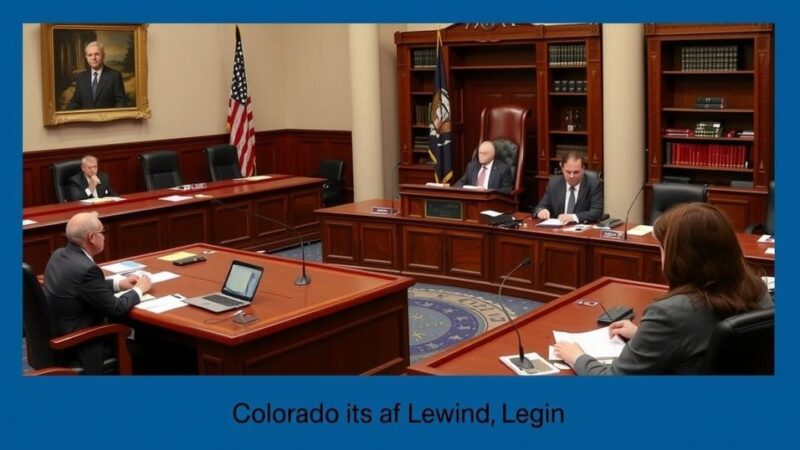On December 30, 2024, Elon Musk expressed his support for Germany’s far-right AfD party in an op-ed for Welt am Sonntag, claiming it offers hope for the country’s economic revival. His comments drew backlash from German politicians and editorial staff, raising questions about foreign influence in elections and the role of media in political endorsement amidst rising right-wing populism.
On December 30, 2024, billionaire Elon Musk reaffirmed his support for Germany’s Alternative for Germany (AfD) in an op-ed published in the Welt am Sonntag. Musk declared the AfD as “the last spark of hope for the country,” which he argued is facing imminent economic and cultural collapse. He contended that the party’s controlled immigration policies could prevent a loss of identity and revitalize the economy. Dismissing claims of the AfD being an extremist party, Musk pointed to scenarios he deemed incongruous, such as the same-sex partner of the party leader, Alice Weidel.
Despite the controversial nature of his assertions, which catalyzed protests within the Welt editorial team and prompted the resignation of a senior editor, Musk’s comments have stirred significant political backlash. Prominent German politicians, including Friedrich Merz of the center-right CDU and Lars Klingbeil from the Social Democrats, directly criticized Musk’s interference in German politics. With the AfD currently polling at 20%, it is crucial to consider the implications of Musk’s public endorsement on the political landscape.
The realm of press freedom in Germany allows journalistic expression regarding political endorsements, yet such instances are generally rare. While the German constitution protects free speech and press freedoms, recent practices show a growing trend of editorial commentary influencing electoral opinions. Musk’s op-ed publication raises questions about the intersection of media ethics and political endorsement, particularly in light of the Springer Group’s ownership of the Welt paper.
Musk’s underlying motives possibly pertain to his business interests in Germany, particularly concerning his Tesla factory. His advocacy for less regulation and lower taxes aligns with potential benefits for his endeavors in the region. Previous political contributions signify Musk’s broader inclination to align with right-wing populism globally, posing significant ramifications for democratic discourse and the rise of far-right movements in Europe.
The publication of Elon Musk’s op-ed in Germany’s Welt am Sonntag, endorsing the far-right AfD, comes amidst a politically charged environment as Germany approaches its legislative elections. The AfD’s rise in polling indicates a significant shift in the political landscape, drawing attention from various political leaders who view Musk’s influence as a threat to democratic integrity. Press freedoms in Germany permit commentary on political matters to an extent; however, the ethical implications of such endorsements raise concerns about the media’s role in political electioneering. The Springer publishing group’s reputation further complicates the matter, as its controversies often intersect with political influence in Germany.
Elon Musk’s endorsement of the AfD presents significant implications for the political climate in Germany and raises pressing concerns regarding media integrity and foreign influence in electoral processes. His remarks, which portray the AfD as a rational alternative amidst a struggling economy, have sparked outrage among political leaders who view his intervention as detrimental to democracy. As the elections draw near, the interplay between political endorsements and media ethics will continue to be a subject of scrutiny within Germany’s vibrant democratic framework.
Original Source: www.dw.com







